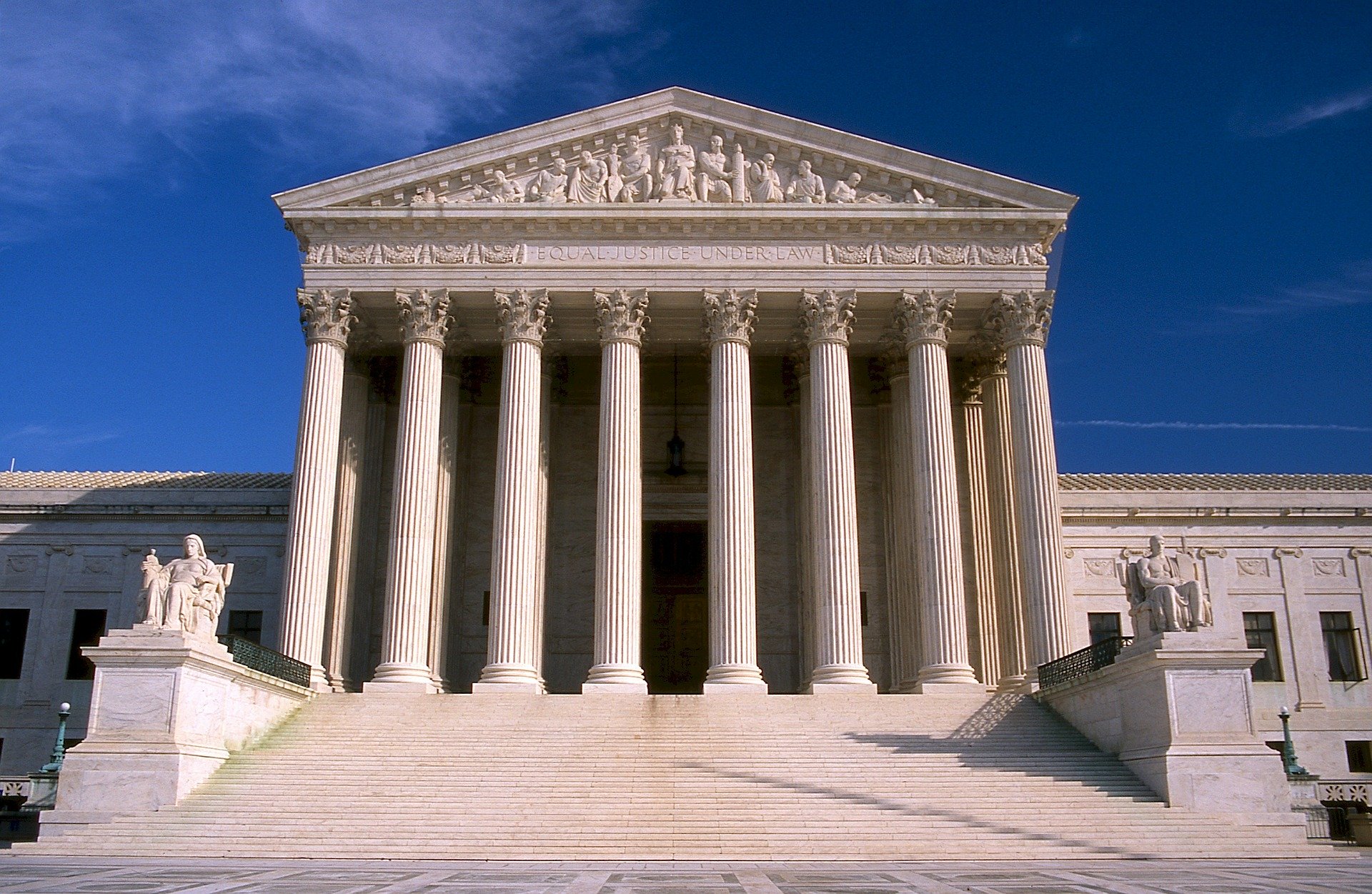Supreme Court Considers Police Ability to Search Cell Phones without Warrants

The Supreme Court of the United States (SCOTUS) heard two cases this week related to whether or not police officers should be able to search an arrested individual’s cell phone without a warrant. Justices weighed in on the fine line between what constitutes a violation of a person’s Fourth Amendment rights versus the importance of gaining evidence in the pursuit of a criminal conviction.
On Tuesday, SCOTUS heard two cases surrounding the matter of police having unlimited access to the information stored on someone’s smartphone without first obtaining a search warrant. Given that the initial rights granted to American citizens protecting them against unlawful search and seizure had no way of predicting that someday individuals would be able to carry so much personal information on their person, the Supreme Court now faces a quandary in terms of what law enforcement officials should have access to without securing a warrant. Considering the fact that people are now able to carry a lifetime or more of personal data — including photographs, communications, and records — on their cellphones, the question remains as to whether that easily accessible information constitutes the same private property domain such as a person’s home or car.
Police have long been able to search the property they find on a person at the time of arrest without a warrant for reasons of police safety and also to prevent destruction of evidence. The Supreme Court now has to decide if the search of someone’s cell phone, and the vast amounts of information contained therein, should be treated in the same manner. Concerns have been raised regarding the fact that cell phones could be locked or encrypted to prevent police from accessing evidence if the cell phone search is delayed until officers obtain a warrant.
The Supreme Court justices so far appear divided on the issue, with some arguing that the police should only be able to search material that is relevant to the arrest. Allowing police limitless access to the personal information stored on a person’s cell phone could be a major violation of privacy and people who are arrested even for minor crimes could be subject to unwarranted invasions of their privacy if such searches are permitted to continue.
Mobile technology and smartphones are having an increasingly significant impact on criminal procedure and the American justice system. It is expected that the Supreme Court will reach a decision by late June. We eagerly await that decision as it will have a profound impact on criminal prosecutions and the Constitutional rights of all American citizens.